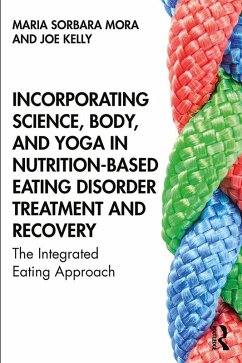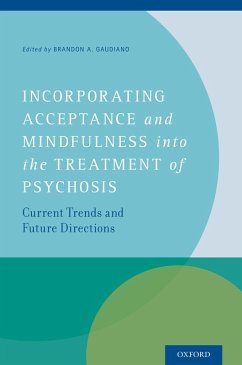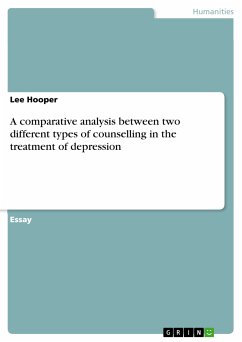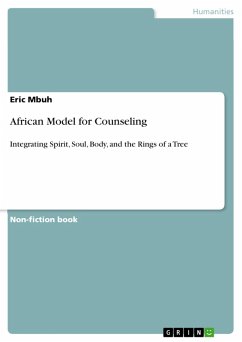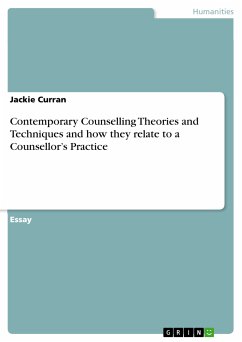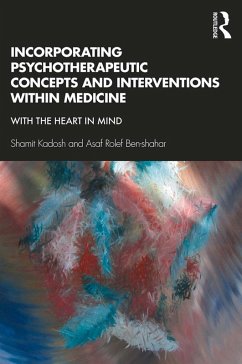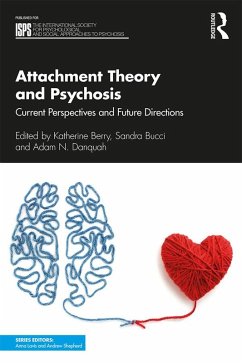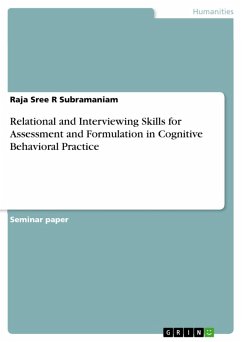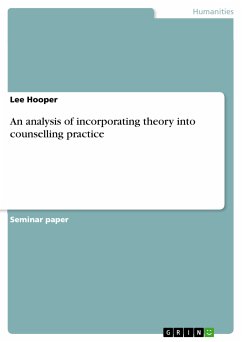
An analysis of incorporating theory into counselling practice (eBook, PDF)
Sofort per Download lieferbar
Statt: 15,95 €**
5,99 €
inkl. MwSt. und vom Verlag festgesetzt.
**Preis der gedruckten Ausgabe (Broschiertes Buch)
Alle Infos zum eBook verschenkenWeitere Ausgaben:

PAYBACK Punkte
0 °P sammeln!
Seminar paper from the year 2011 in the subject Psychology - Consulting and Therapy, grade: 1, Massey University, New Zealand, course: Counselling, language: English, abstract: Establishing a strong therapeutic relationship within counselling practice is one of the most vital aspects in achieving a positive outcome for the client. There are many techniques available to the counsellor in achieving this, including a wide variety of theoretical approaches. The question of whether applying these theoretical approaches to practice is necessary, and to what degree, is a contented issue amongst couns...
Seminar paper from the year 2011 in the subject Psychology - Consulting and Therapy, grade: 1, Massey University, New Zealand, course: Counselling, language: English, abstract: Establishing a strong therapeutic relationship within counselling practice is one of the most vital aspects in achieving a positive outcome for the client. There are many techniques available to the counsellor in achieving this, including a wide variety of theoretical approaches. The question of whether applying these theoretical approaches to practice is necessary, and to what degree, is a contented issue amongst counsellors, with responses depending heavily on which theoretical model of counselling is being utilised. In this essay it will be argued that theory is necessary to establish an effective counselling practice, only to the degree in which the chosen style of therapy used actually incorporates theory into its practice. Relatively speaking, this is meant that theory is only necessary for an effective counselling practice when the practitioner, and their theoretical position, both consider it to be so. This will be shown by first giving a general definition of counselling - both in relation to theory and practice, outlining some of the major counselling theoretical positions, and then demonstrating how each of these positions places emphasis on theory in relation to practice. It is concluded that applied theory is necessary within a counselling practice, with the degree of importance directly relating to which theory is used and the cultural values present where it is practiced.
Dieser Download kann aus rechtlichen Gründen nur mit Rechnungsadresse in A, B, BG, CY, CZ, D, DK, EW, E, FIN, F, GR, HR, H, IRL, I, LT, L, LR, M, NL, PL, P, R, S, SLO, SK ausgeliefert werden.




